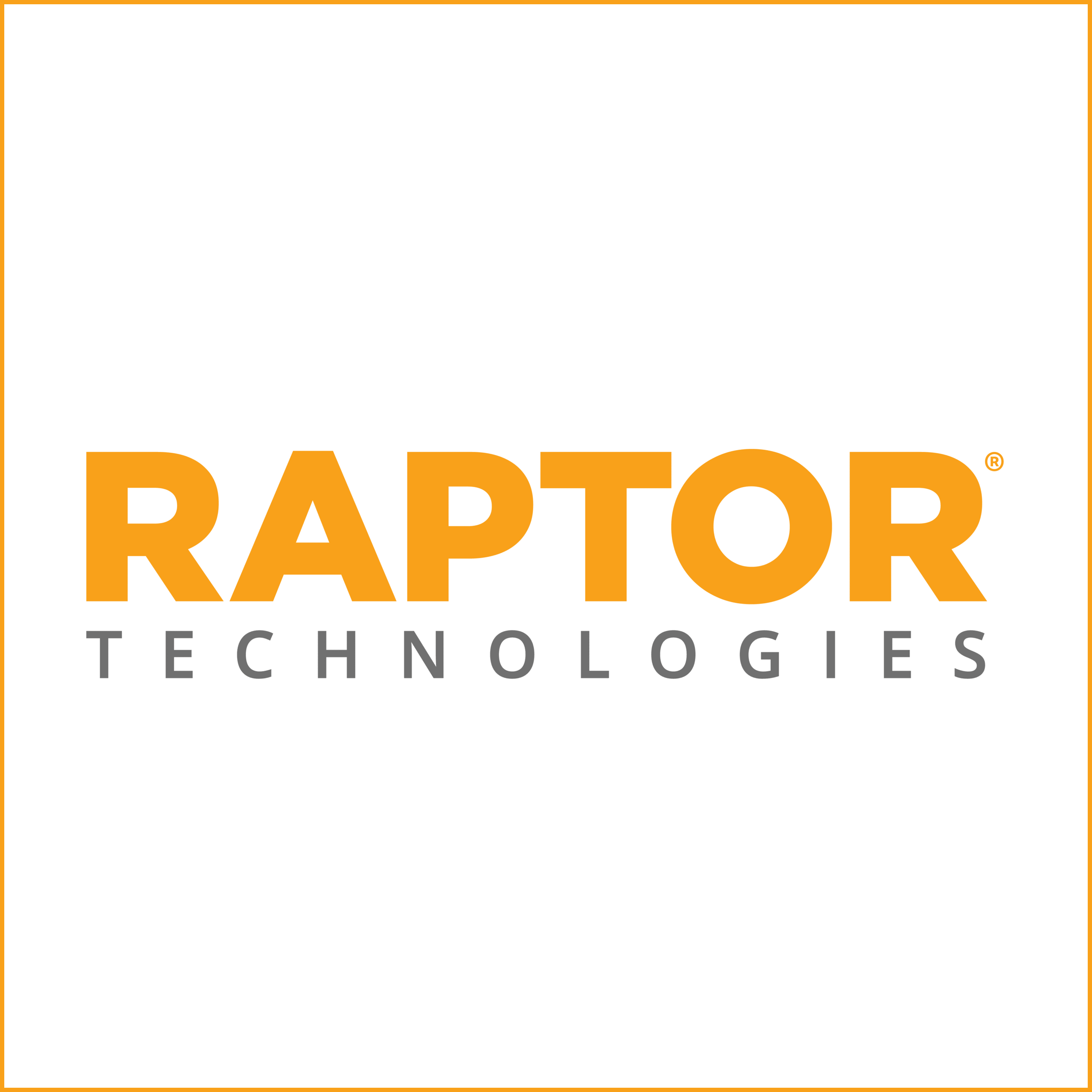Pt. 2: Proactive Student Wellbeing Through Early Intervention
In today’s episode of School Safety Today by Raptor Technologies, host Dr. Amy Grosso sat down with Liz Nowland-Margolis, Executive Director of School Safety and District Operations for Ann Arbor Public Schools for part two of a two-part series on proactive student wellbeing through early intervention to discuss the importance of:
- Proactive approaches to school safety, including early interventions for student wellbeing and the balance between hardening school infrastructure and maintaining a welcoming environment.
- Implementation and significance of comprehensive assessment tools like the CSTAG and the Columbia Suicide Severity Rating Scale, underscoring their role in early identification and support for students at risk.
- Collaboration among school staff, law enforcement, and mental health services, as well as engaging and educating parents and the community about school safety
Guest Liz Nolan-Margolis is an experienced professional with a background in marketing, communications, public relations, crisis planning, management, and response, as well as strategic planning. She has worked in both for-profit and not-for-profit sectors. Currently, she serves as the Executive Director of School Safety and District Operations for Ann Arbor Public Schools. Liz has extensive experience in crisis management, including response training, communication response, crisis response team development, and on-site crisis response leadership. Her role involves a strong focus on school safety, implementing programs, and balancing safety initiatives with the educational environment.




